
Community rolling action plan
Any substance that appears on this list – Substance evaluation – CoRAP list has been or will be reviewed by a Member State in the coming years. This list is known as Community Rolling Action Plan, the list (CoRAP).
Every year in March, ECHA updates the plan to include new substances and advance preparation for a subsequent year. This covers both the updating of the already mentioned substances and their timing in relation to the relevant year of the prior plan. If a Member State obtains information indicating that a substance should be evaluated first, it may notify the material at any time for inclusion. This substance is covered by ECHA’s upcoming yearly update.
Selection Criteria
The selection criteria include exposure information, including exposure potential based on uses, total registered volumes, and hazard information (possible persistency, bioaccumulation, and toxicity (PBT), endocrine disruption, or carcinogenicity, mutagenicity, and toxicity to reproduction (CMR)). ECHA provides a risk-based strategy by combining factors linked to exposure and hazards.
Only substances that could benefit from a request for more information to address the original concern about them will be included in the CoRAP by Member States and ECHA.
Developing CoRAP
For ECHA to establish a draft CoRAP with the name of the drug, the evaluating Member State, and the prospective assessment year, Member States must express their interest in reviewing a particular substance. Every autumn, ECHA makes the draught CoRAP available online.
Based on the Member State Committee’s recommendation, ECHA adopts the CoRAP update. The questions for each substance are listed, along with the Member State that will conduct the examination.
Timeline
The designated Member States have one year from the date of publication of the CoRAP update to evaluate such substances in accordance with the guidelines for the first (or current) year of the CoRAP and, where necessary, prepare a draft decision for requesting additional information from registrants of the relevant substance to address the concerns identified (potential risks).
Source : – https://echa.europa.eu/regulations/reach/evaluation/substance-evaluation/community-rolling-action-plan
- All (9)
- News
- Newsletters
- Blogs (3)
- Events
- Articles

News
February 02,2019 On 1st March 2019, the latest GADSL update will be implemented in IMDS incorporating the following changes to the IMDS basic substance list Read More
Year 2019
February 02,2019 On 1st March 2019, the latest GADSL update will be implemented in IMDS incorporating the following changes to the IMDS basic substance list Read More
Year 2018
October 22,2018 For the first time, PCCS is conducting IMDS training in Indonesia on 6th and 7th December 2018. Email to imdstraining@globalpccs.com Read More
Year 2015
September 22,2015 Global PCCS is now HP-certified partner to provide IMDS Training in India and Vietnam. Click for more info Read More
Year 2014
Hiring Freshers...Chemical Engineer, Polymer Engineer, Material Engineer. Send your updated CV to info@globalpccs.com, at the earliest. Read More
News
February 02,2019, On 1st March 2019, the latest GADSL update will be implemented in IMDS incorporating the following changes to the IMDS basic substance list Read More
News
January 11,2019 EU Phthalate Restrictions: The European Union has finalized an expansion of phthalate restrictions under REACH, with most new restrictions... Read More
News
January 01,2019 Launching our IMDS Training calendar for 2019 across multiple locations - India, Thailand, Indonesia & Vietnam Read More








 Authorised IMDS & CDX Training & Consulting partner for
Authorised IMDS & CDX Training & Consulting partner for





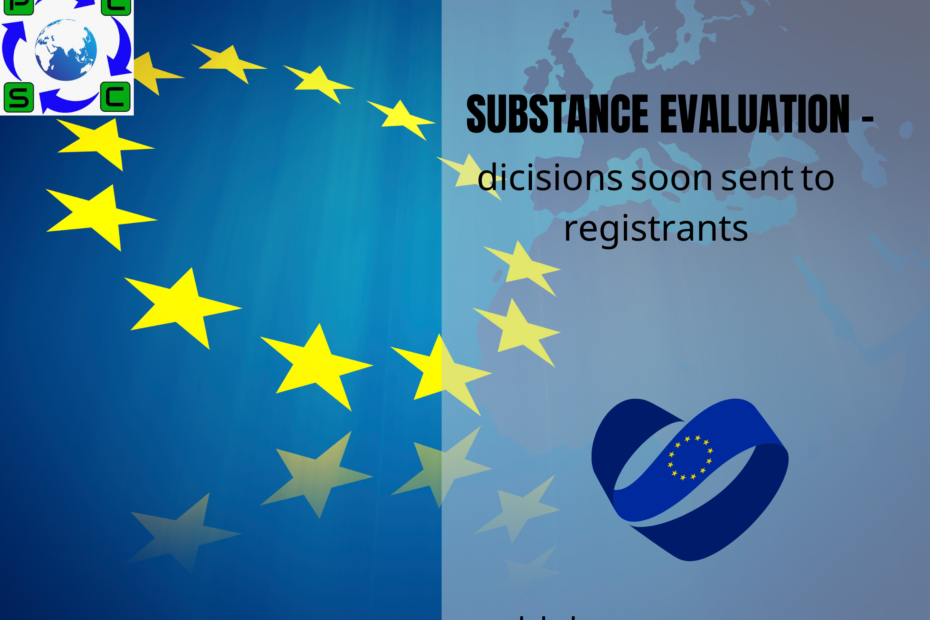

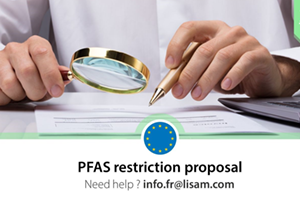


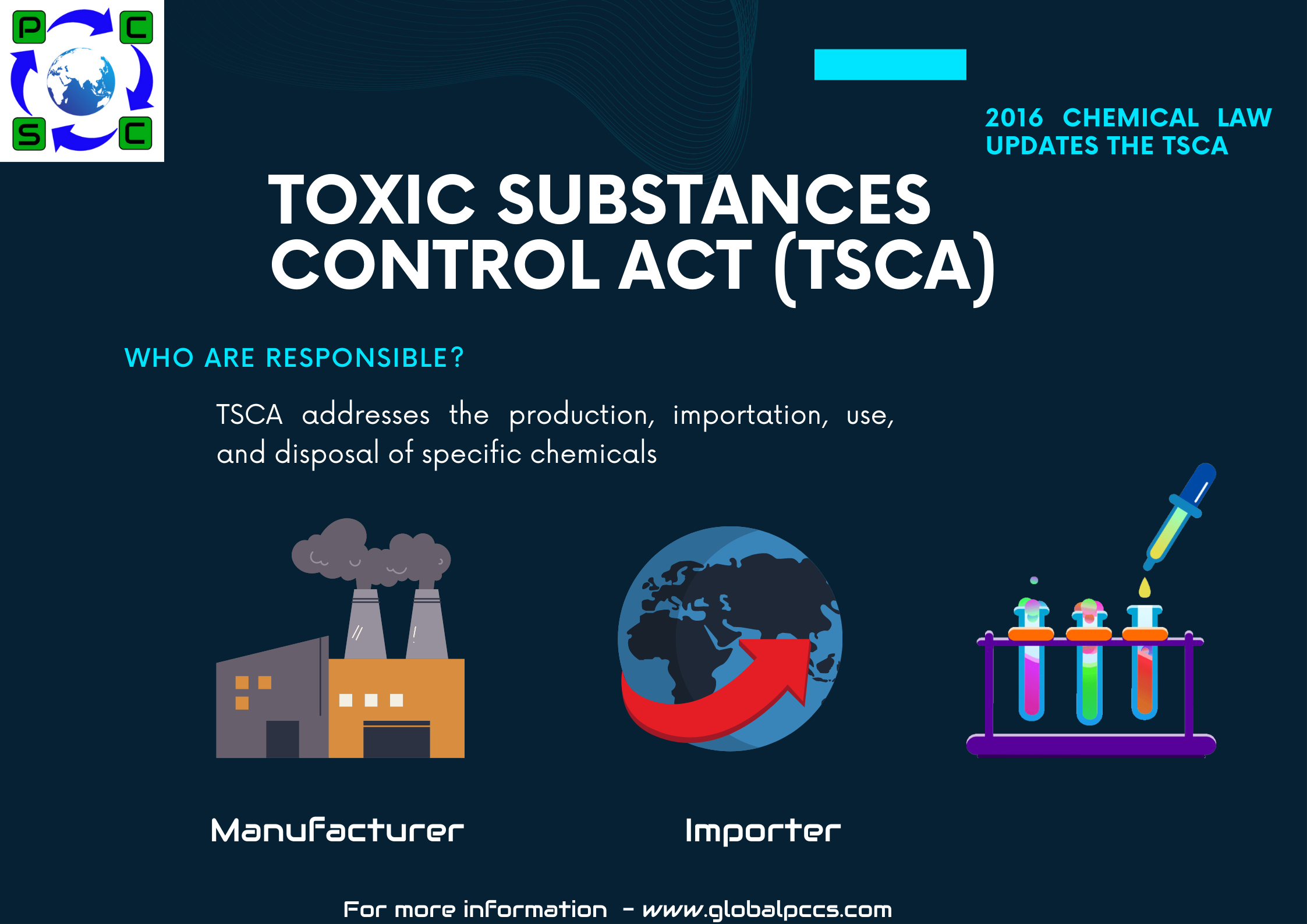

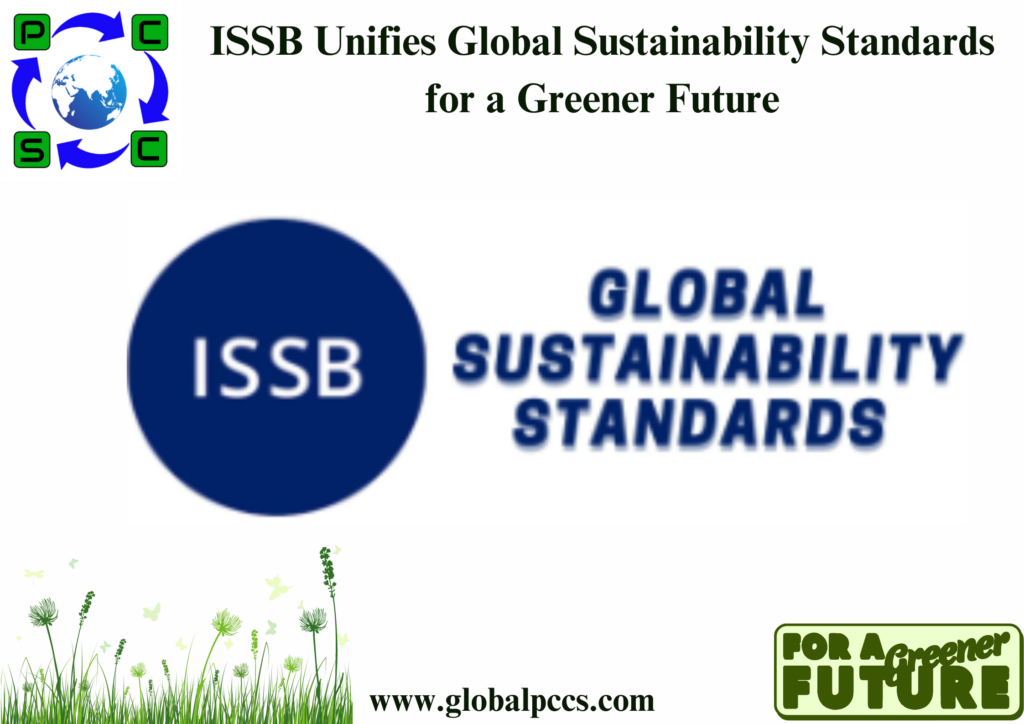

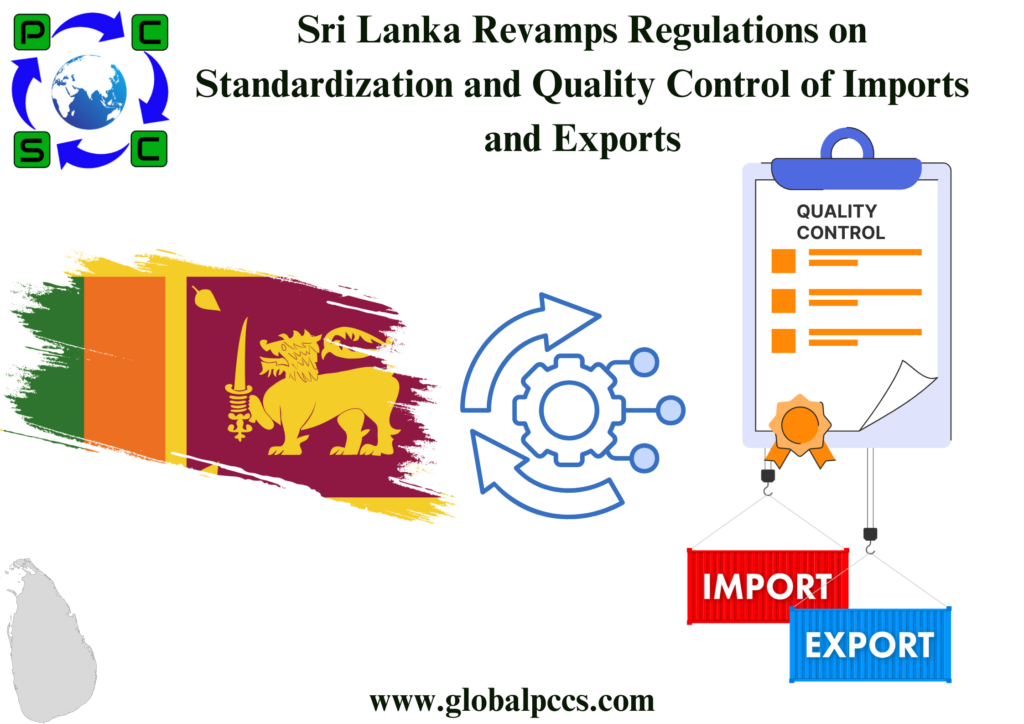

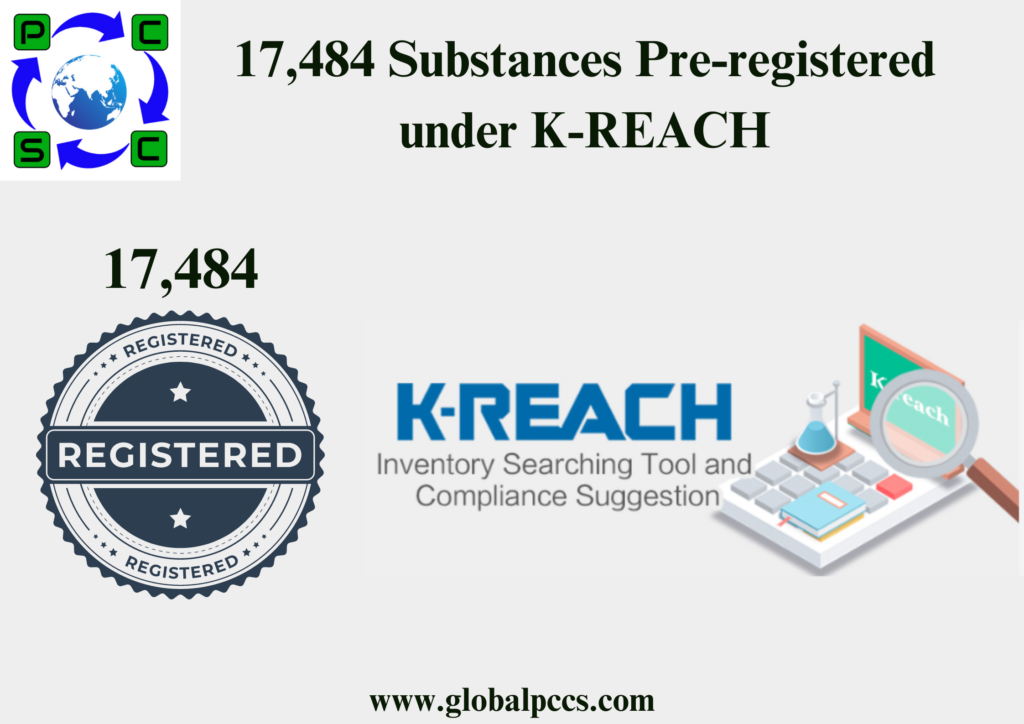
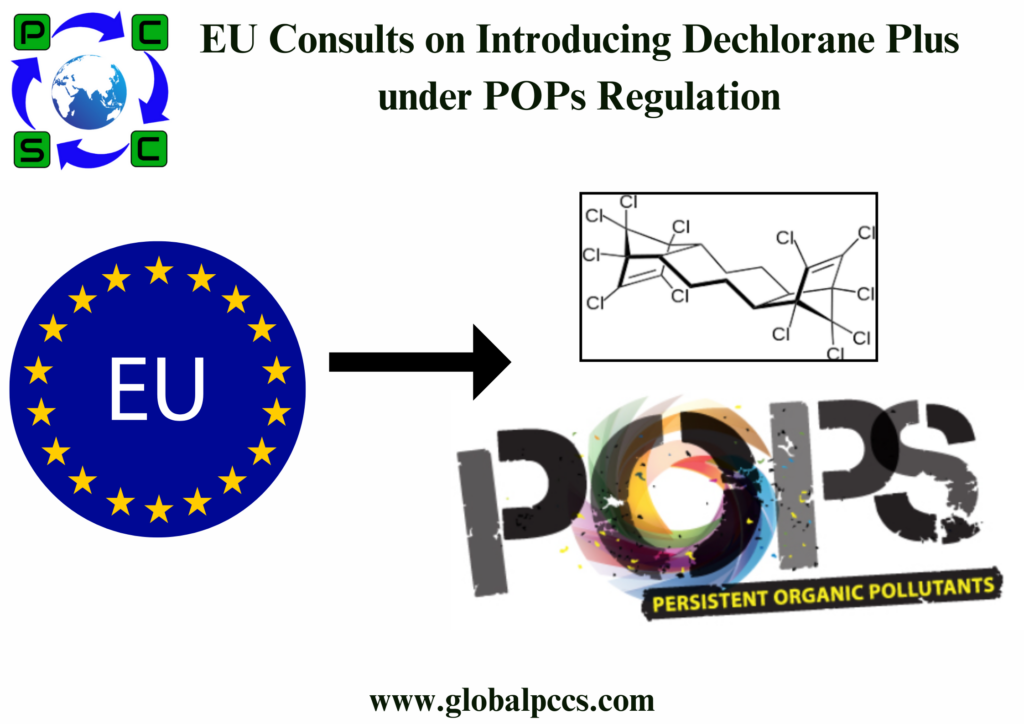
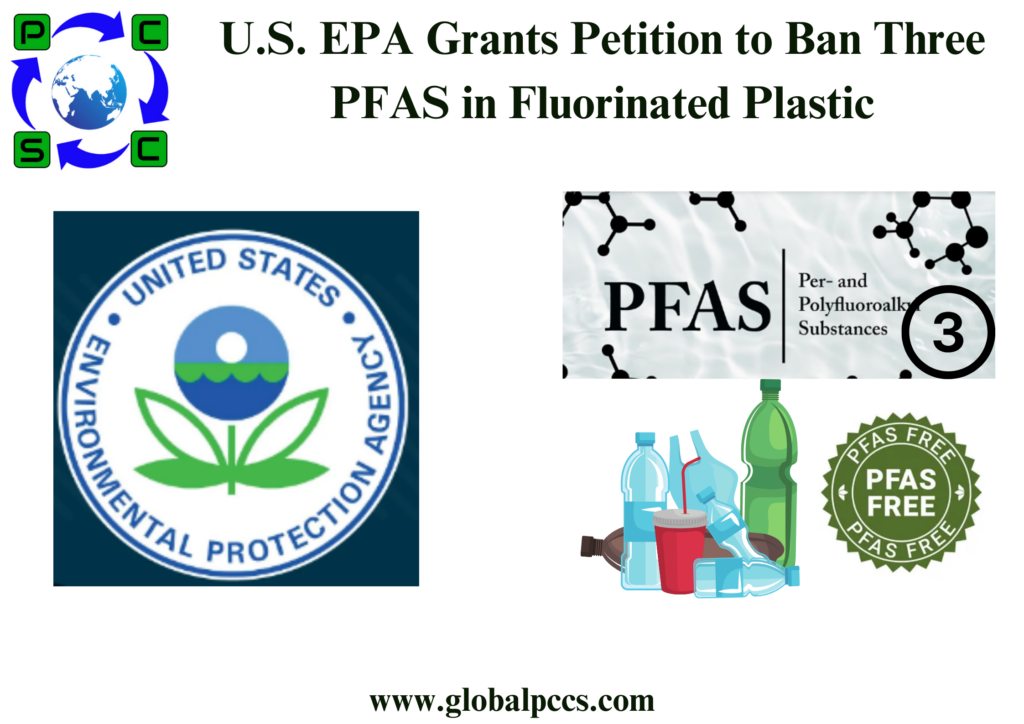

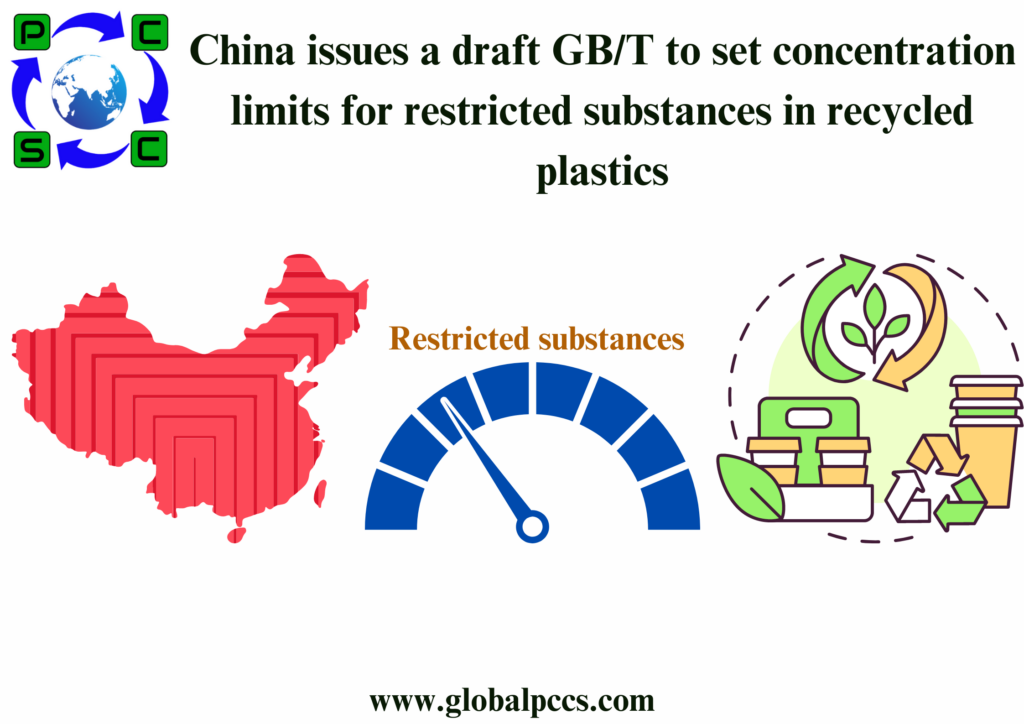
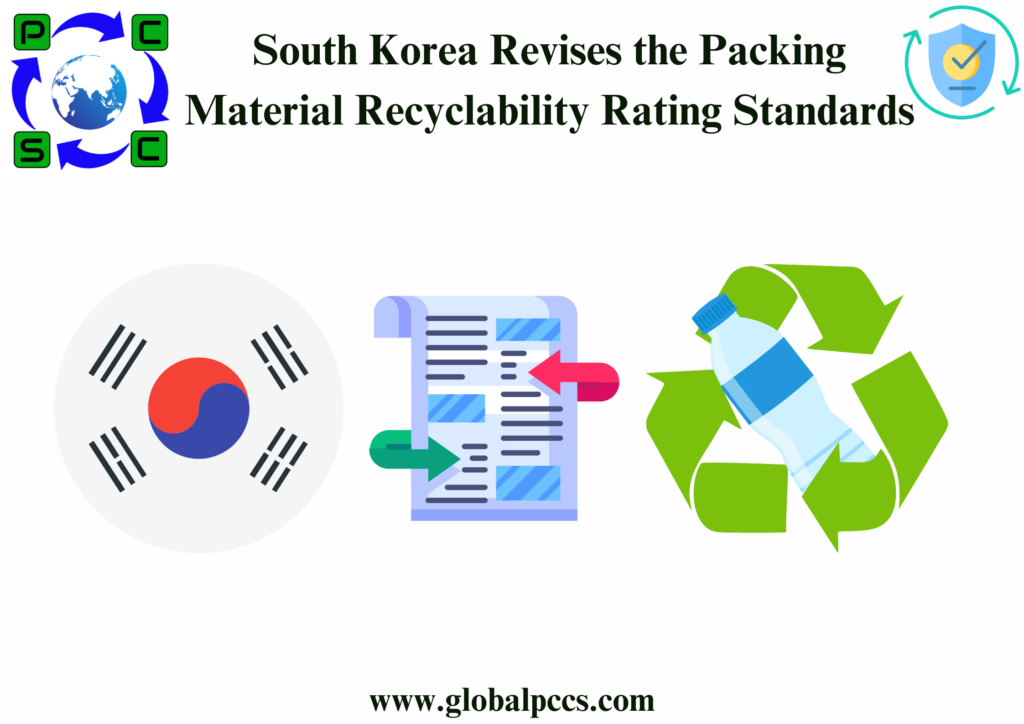
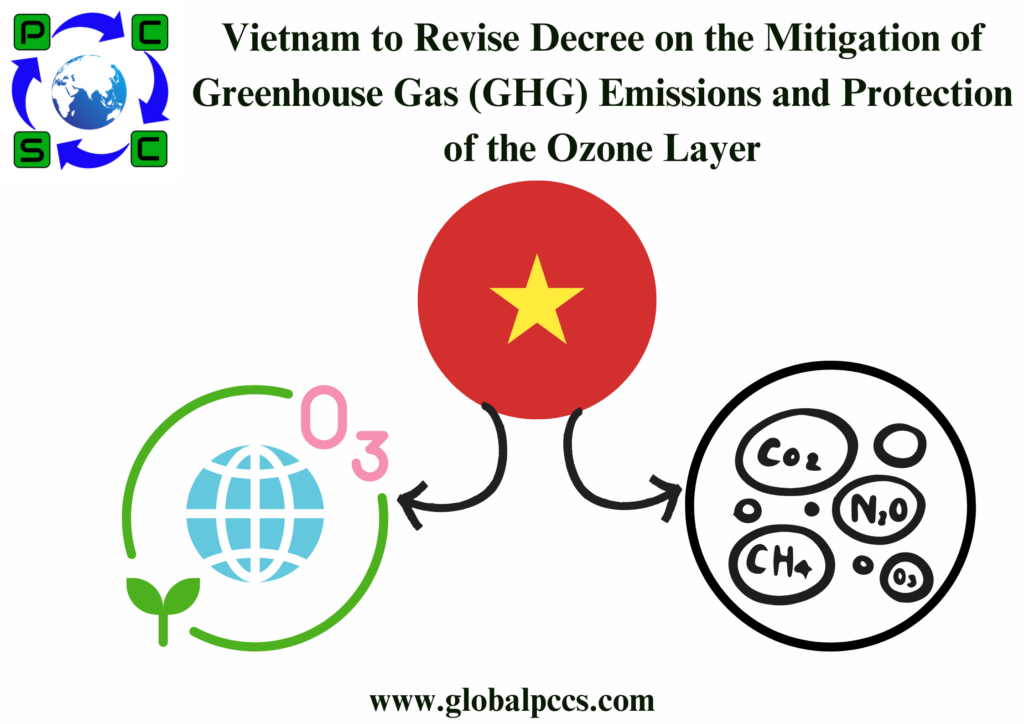
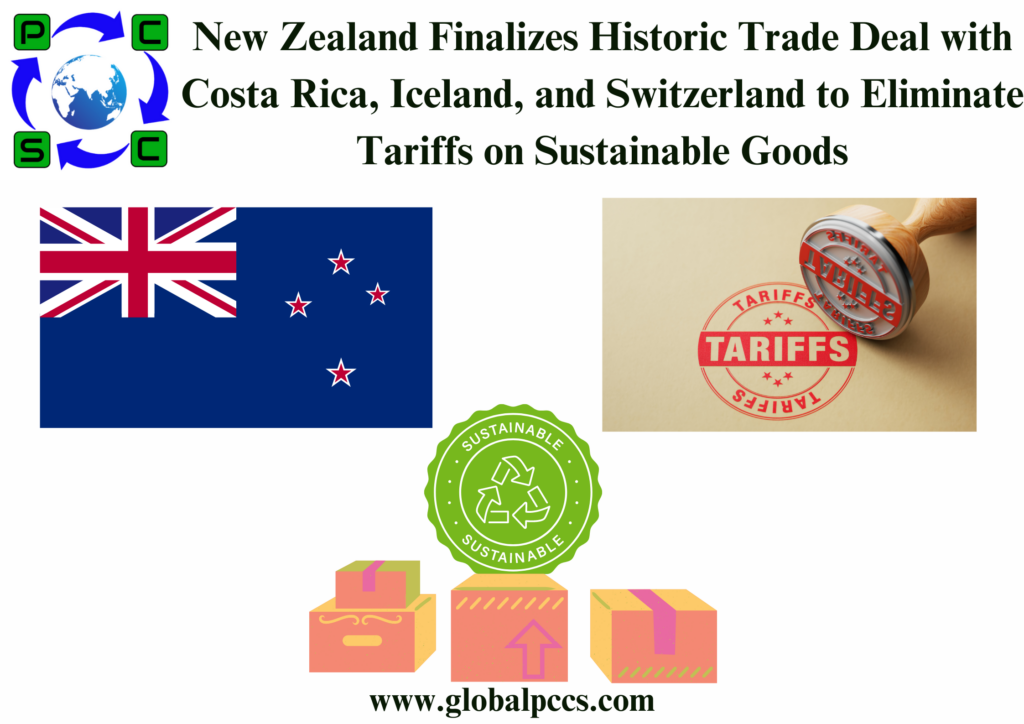
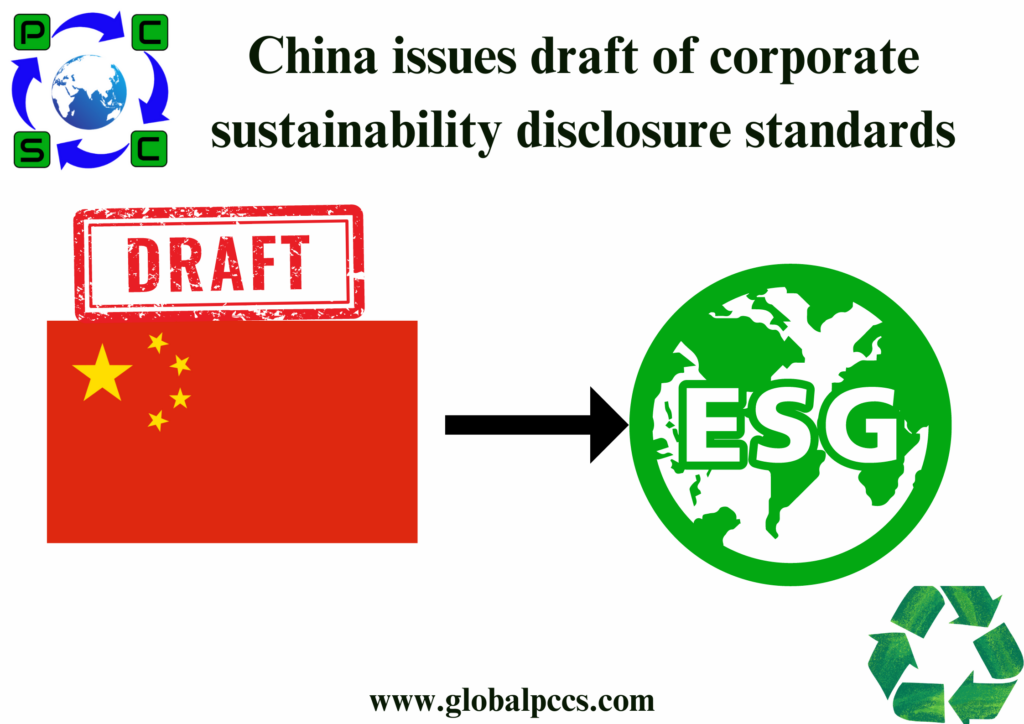

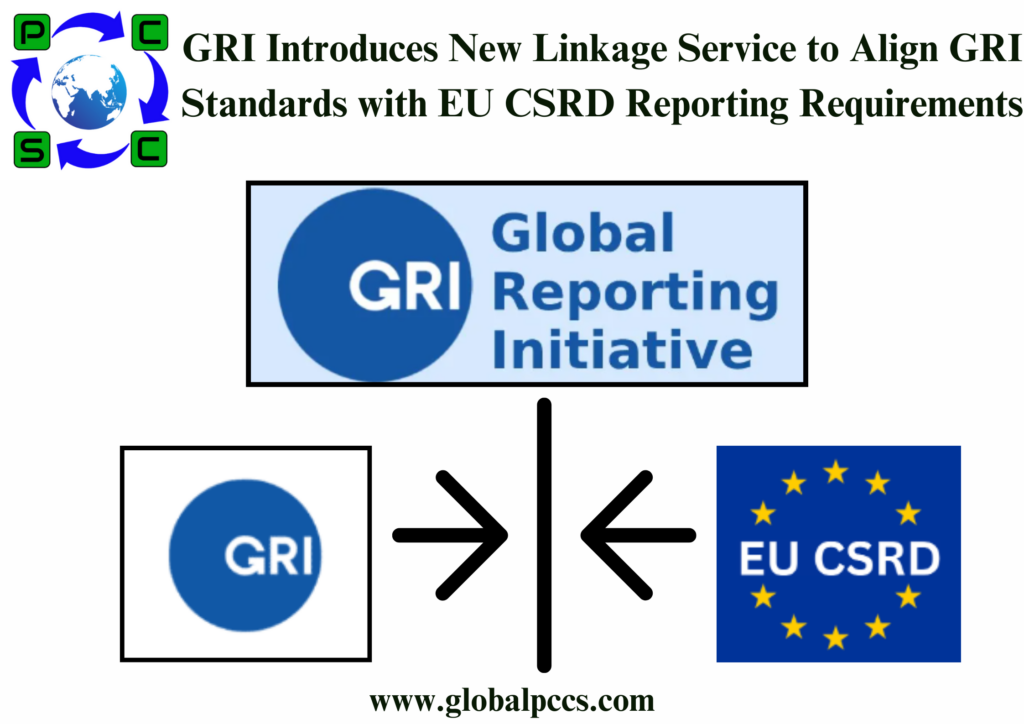
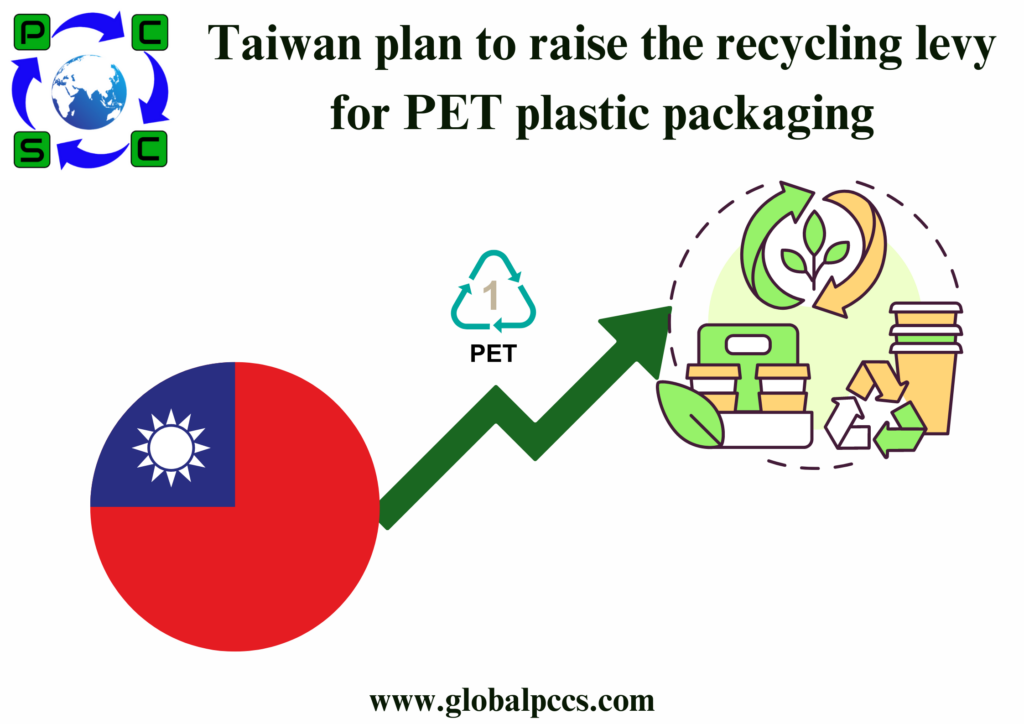
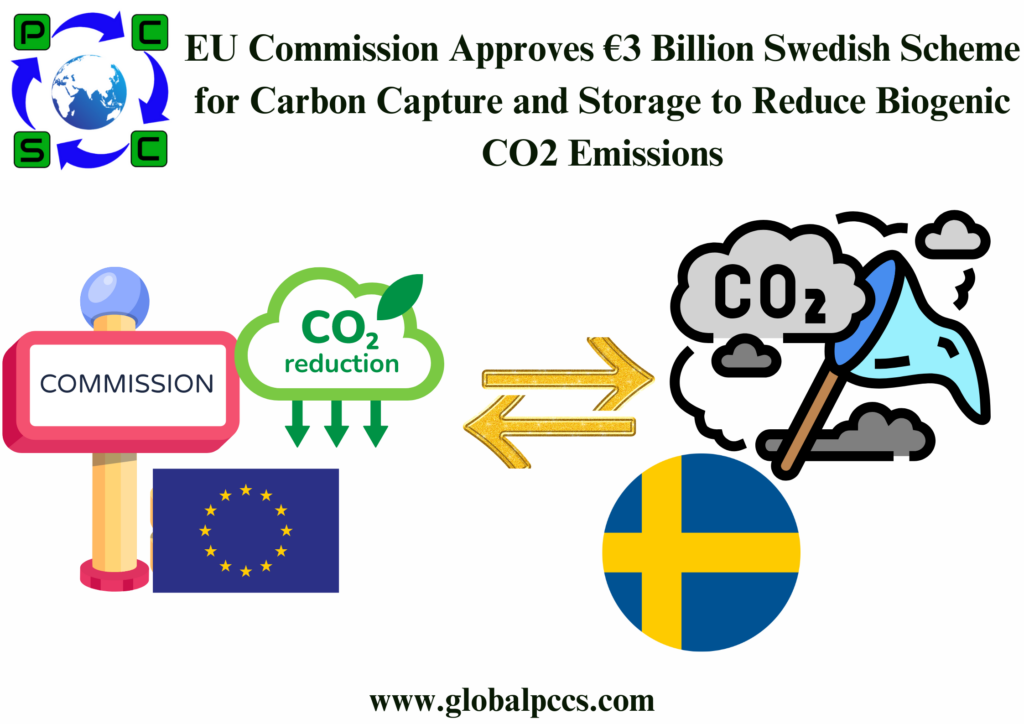
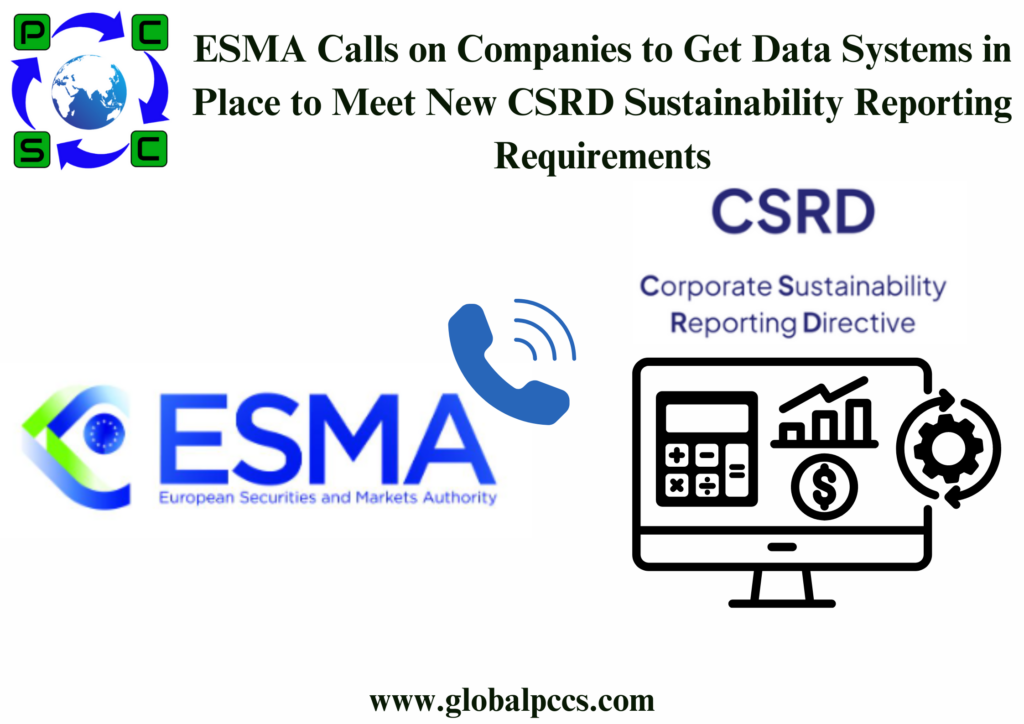
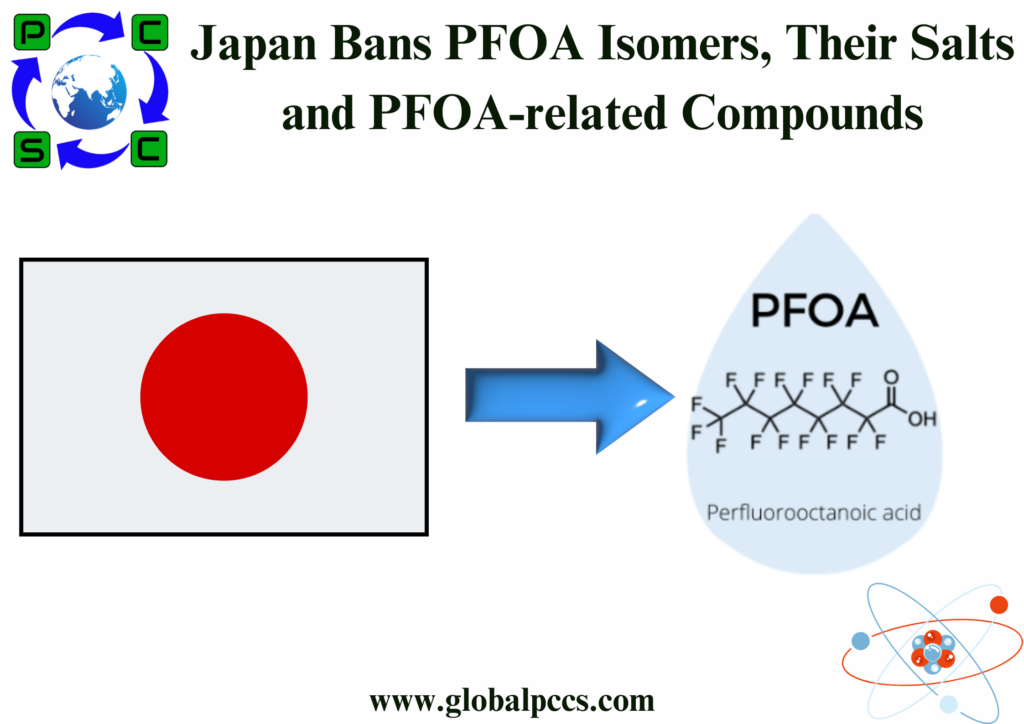



Pingback: Thailand enforces destruction of PFOA and related substances remaining in the country – Global PCCS | ONE STOP solution for all your Compliance & ISO requirements
Comments are closed.